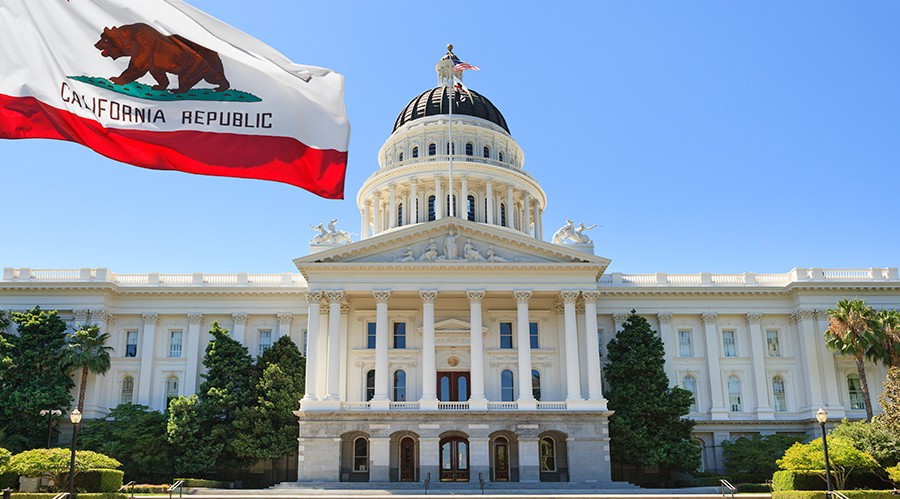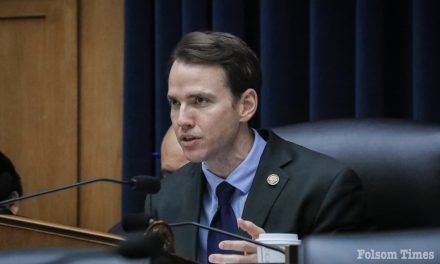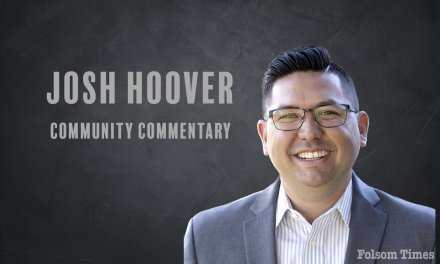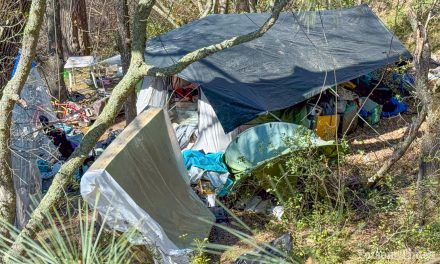The end-of-week deadline to pass bills in their house of origin is only one day away, so legislators have been busy advancing a litany of measures. On Wednesday alone, the Assemblypassed 242 measuresand the Senatepassed 59,afterapproving 213 combined on Tuesday, according to tallies kept by longtime lobbyist Chris Micheli.
While many bills pass easily, there’s still plenty of drama. Onecontentious billtoraise the minimum wage for healthcare workersfrom $15.50 an hour to $21 by June 2024 and $25 by June 2025 initially failed on the Senate floor on Wednesday, after only receiving 18 out of the 21 “yes” votes needed to pass. But later in the day, the bill passed, with the bare minimum of 21.
Wednesday night, a measure pitting labor unions against the fast food industry squeaked through the Assembly after theroll call was held open for the necessary 41st vote.Assembly Bill 1228, the subject of a recent industry TV blitz, wouldhold franchise owners responsiblefor any labor violations at their restaurants. The bill was introduced after theindustry, by qualifying a 2024 referendum, blocked a broader lawto regulate wages and working conditions for fast food workers.
Another bill,Senate Bill 466, would roll back parts of the Costa-Hawkins Rental Housing Act and subject newer buildings to rent control limits. The bill failed on the floor Tuesday, but was granted “reconsideration” and will likely be brought back for another vote. If it doesn’t pass by Friday, it’ll be dead for 2023.
Here are some noteworthy bills that did pass this week:
Business
- SB 74: Would ban “high-risk” social media apps, including TikTok, onstate phones and devices.
- SB 829: Would prohibit exclusive contracts between a ticket seller, such as Ticketmaster, and a California entertainment venue.
Climate change
- SB 253: Would require companies with $1 billion in annual revenue to disclose greenhouse gas emissions.
- SB 261: Would require companies with $500 million in annual revenue to prepare climate financial risk reports.
Criminal justice
- SB 50: Would prohibit police stops for five low-level traffic violations, including a broken headlight or bumper, toreduce racial profilingandharassment of female drivers. The bill passed 22-11, scraping by with only one more vote than needed.
- SB 309: Would protect freedom of religious expression for inmates, including grooming, clothing and headwear.
Elections
- AB 421: Wouldchange signature-gathering and ballot language for referenda, a labor-backed effort to limitthe influence of big business.
- AB 764: Would revise the FAIR Maps Act to clarify that new districts can’t take protecting incumbents into account.
- AB 1248: Would require cities, counties and school districts with a population of more than 300,000 to formindependent redistricting commissionsbefore the 2030 cycle.
Housing
- SB 4: Would make tens of thousands of acres available for churches and colleges to build affordable housing on their property.
- SB 423: Would extenda 2017 lawthat enables developersto expedite building affordable housing.
- AB 799: Would hold cities and counties that receive state money for homelessness preventionmore accountable.
- SB 834: Would offer eligible low- and middle-income families loans for a down payment or construction costs.
Public health




